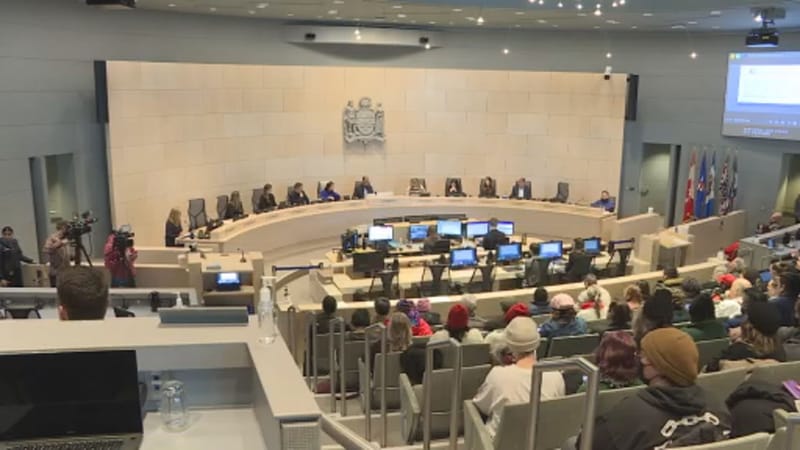Opt-in sex education policies coming to Alberta classrooms this fall, province says
The change was announced by Premier Danielle Smith in February

The Alberta government plans to introduce legislation this fall that would require parents to actively opt-in their children for sex education, shifting away from the current opt-out system. This move has raised questions among educators about the necessity of such a change.
Education Minister Demetrios Nicolaides stated that consultations are ongoing with school boards, teachers, superintendents, and parents. "We intend to propose legislation this fall and will continue to consult with stakeholders throughout the implementation of these policies," Nicolaides said.
While details of the proposed legislation remain unclear, Premier Danielle Smith indicated in February that it would require parental opt-in for each formal lesson on sexual health. Additionally, external resources or presentations would need pre-approval from the education ministry.
Teachers have expressed concerns over the lack of clarity. Jason Schilling, president of the Alberta Teachers' Association, noted that sex education is already delivered using materials vetted by Alberta Health Services, and parents currently have the option to opt their children out. "I don't necessarily understand what was broken that needs to be fixed," Schilling said, adding that the government has not provided a clear understanding of what the new system would entail.
Both Edmonton and Calgary public school divisions are awaiting further information from the province. Edmonton Public Schools board chair Julie Kusiek argued that requiring parents to opt-in does not increase parental control but instead adds unnecessary administrative burden. "Sex-ed is factual and age-appropriate, and an opt-in model only adds 'administrative red tape' for schools," Kusiek said in a February letter to Premier Smith.
Opposition NDP education critic Amanda Chapman criticized the United Conservative Party government's proposal as "bizarre," saying it creates barriers to information and distracts from more pressing issues like underfunded schools and overcrowded classrooms. Chapman noted that the current opt-out model seems to be working well, with no significant complaints from parents.
As the fall legislative session approaches, Chapman called on the premier to clarify who was consulted on the proposed law and how it would benefit students. Schilling expressed concern that the change could result in students missing out on crucial information, especially as Alberta faces rising rates of sexually transmitted infections (STIs). Preliminary data shows increases in cases of gonorrhea and chlamydia in the first quarter of 2024 compared to the same period in 2022.
Dr. Ameeta Singh, an infectious disease specialist at the University of Alberta, linked the rising STI rates to increased stimulant drug use, which is associated with riskier sexual behaviors. Katie Ayres of SafeLink Alberta, a Calgary non-profit, suggested that a lack of education might also contribute to higher STI rates. Ayres emphasized the importance of parental involvement in sex education, stating that parents should not rely solely on schools to cover all aspects of the subject.
"I would encourage folks to think about it as their responsibility more as a parent, instead of assuming that the schools will be covering everything," Ayres said, noting that parental input could reinforce or introduce topics not covered in school.





